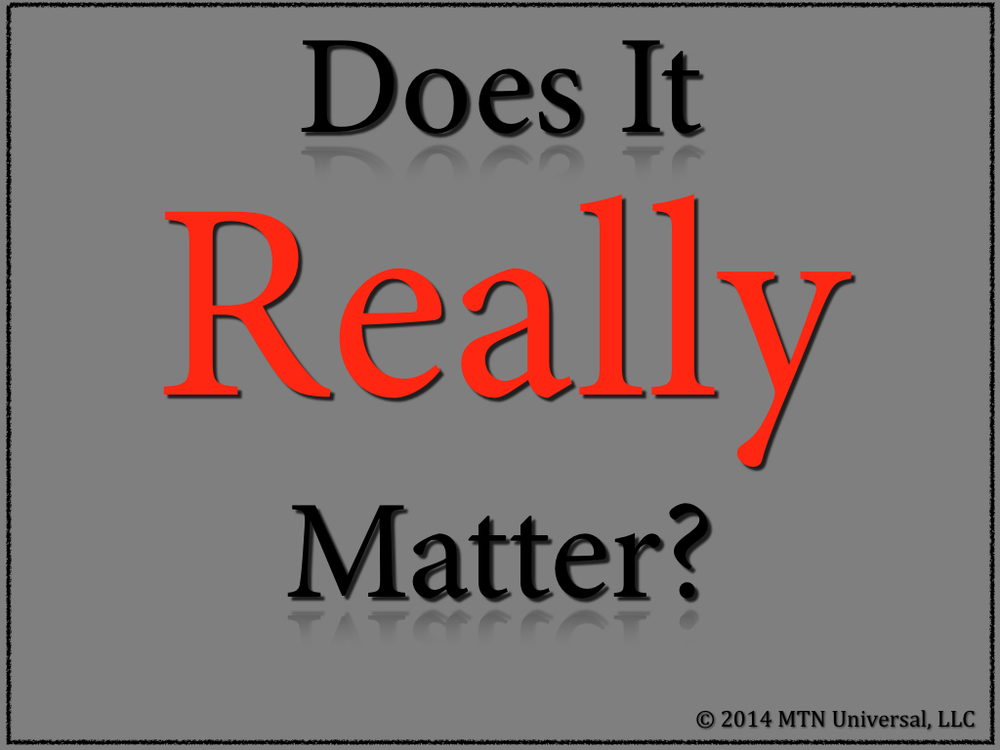If this is understood then things become very clear. Misery makes you special. Happiness is a universal phenomenon, there is nothing special about it. Trees are happy and animals are happy and birds are happy. The whole existence is happy, except man. Being miserable, man becomes very special, extraordinary.
Misery makes you capable of attracting people's attention. Whenever you are miserable you are attended to, sympathized with, loved. Everybody starts taking care of you. Who wants to hurt a miserable person? Who is jealous of a miserable person? Who wants to be antagonistic to a miserable person? That would be too mean.
The miserable person is cared for, loved, attended to. There is great investment in misery.
If the wife is not miserable the husband simply tends to forget her. If she is miserable the husband cannot afford to neglect her. If the husband is miserable the whole family, the wife, the children, are around him, worried about him; it gives great comfort. One feels one is not alone, one has a family, friends.
When you are ill, depressed, in misery, friends come to visit you, to solace you, to console you. When you are happy, the same friends become jealous of you. When you are really happy, you will find the whole world has turned against you.
Nobody likes a happy person, because the happy person hurts the egos of the others. The others start feeling, "So you have become happy and we are still crawling in darkness, misery and hell. How dare you be happy when we all are in such misery!"
And of course the world consists of miserable people, and nobody is courageous enough to let the whole world go against him; it is too dangerous, too risky. It is better to cling to misery, it keeps you a part of the crowd. Happy, and you are an individual; miserable, you are part of a crowd -- Hindu, Mohammedan, Christian, Indian, Arabian, Japanese.
-Rajneesh







